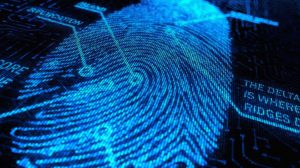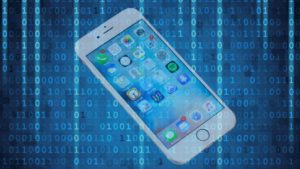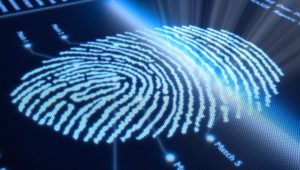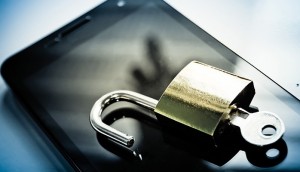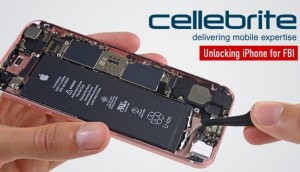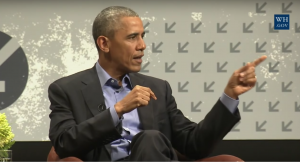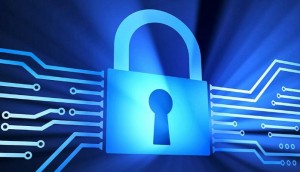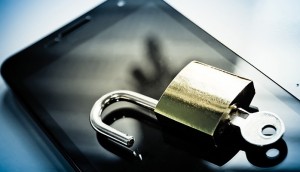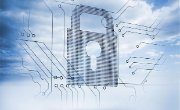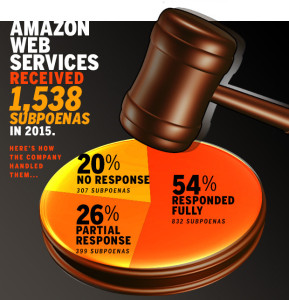If you don’t want to be hacked, don’t use the same password across different services.
And if you’re an Apple user, it’s a good idea to check your Apple ID and iCloud account today to make sure it’s using a unique and long password.
On Wednesday, a hacking group calling itself the Turkish Crime Family told Business Insider that it had about 600 million iCloud passwords it would use to reset users’ accounts on April 7.
Apple told Business Insider in a statement that if the hackers had passwords, they did not come from a breach of Apple systems:
“There have not been any breaches in any of Apple’s systems including iCloud and Apple ID. The alleged list of email addresses and passwords appears to have been obtained from previously compromised third-party services.
“We’re actively monitoring to prevent unauthorized access to user accounts and are working with law enforcement to identify the criminals involved. To protect against these type of attacks, we always recommend that users always use strong passwords, not use those same passwords across sites and turn on two-factor authentication.”
It is still possible that the group has some users’ passwords. Information from several large breaches, including those of Yahoo and LinkedIn, have spread across the internet in recent years. If an Apple user has the same password and email for, say, LinkedIn and iCloud, there’s a good chance that iCloud password is already publicly available.
Here’s what you can do to protect yourself:
Turn on two-factor authentication. That means when you log in to your iCloud account you’ll be asked to send a six-digit code to your phone. It’s annoying, but it’s the best way to ensure that your account remains your own.
Don’t use the same password for multiple services. If one of your accounts is hacked or breached, hackers can essentially access all your accounts that used the same password. Make sure to use a different password for your Apple ID and your email account — here’s how to change your Apple ID password and how to check if your password may already be public.
Make sure your password is long, random, and unique. Don’t use your name, birthday, or other common words.
-
Why this matters now
Over the past few days, the Turkish Crime Family has contacted media outlets saying it has 200 million, 250 million, 519 million, or as many as 750 million Apple ID account credentials culled from breaches of other services.
The hacking group also said it had been in contact with Apple and was demanding $75,000 in cryptocurrency like bitcoin or $100,000 in Apple gift cards.
If Apple did nothing, it would “face really serious server issues and customer complaints” in an attack on April 7, a member of the hacking group told Business Insider in an email. They said they were carrying out the attack in support of the Yahoo hacking suspect.
A report from Motherboard said the group had shown the outlet an email from one of the hackers to an Apple product-security specialist that discussed the ransom demands. That email is fake, a person with knowledge of Apple’s security operations told Business Insider.
Apple is in contact with law enforcement about the ransom demand, the person said. Apple is unsure if the group’s claims are true, but people at the company say they doubt they are.
There are other reasons to doubt the hackers’ claims, such as their thirst for publicity and their fluid story.
But even if the hackers are telling the truth, Apple users can protect themselves by making sure their Apple ID password is unique and hasn’t been revealed in a previous breach.
“A breach means nothing in 2017 when you can just pull the exact same user information in smaller scales through companies that aren’t as secure,” the group purportedly said in a post on Pastebin in response to Apple’s statement.
Best thing to do to insure this does not happen to you is “Change Your Passwords”

